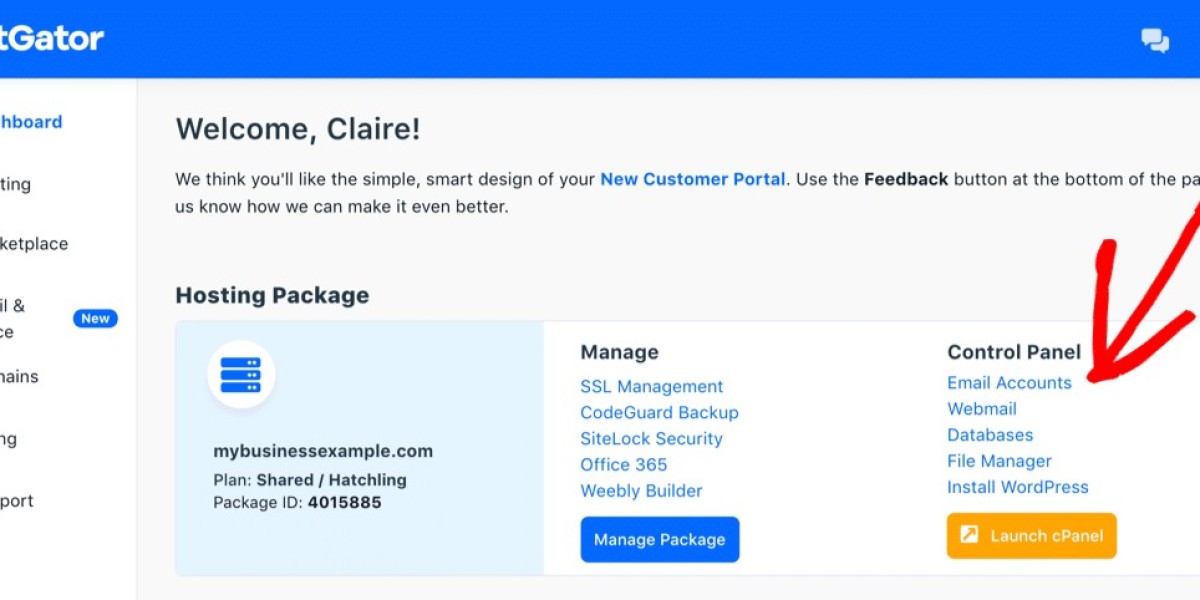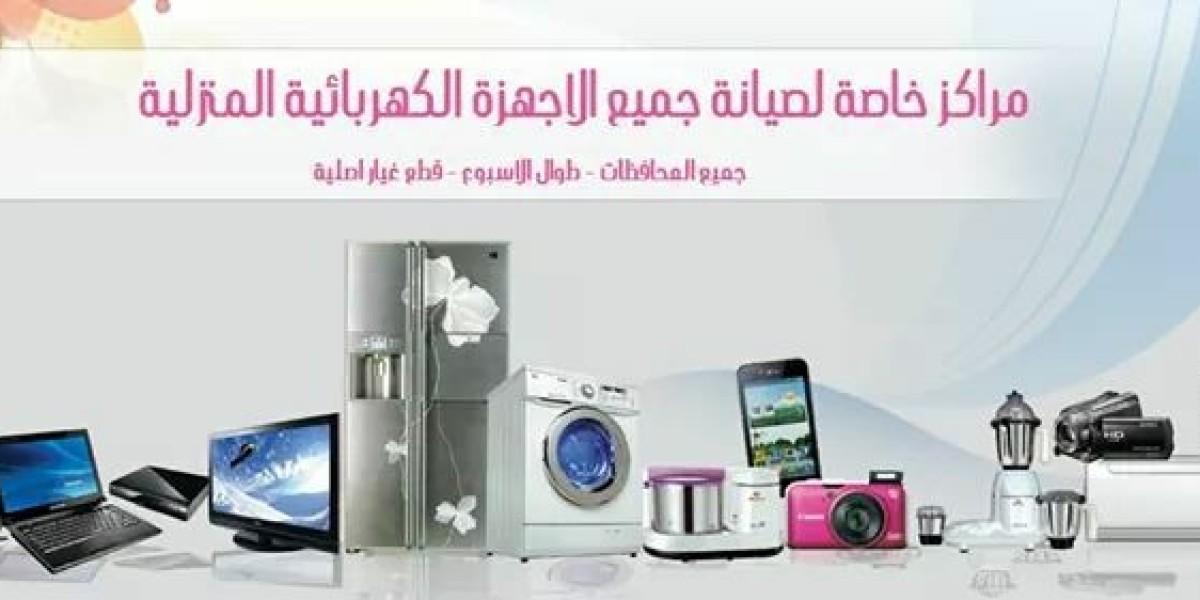In today's interconnected world, mastering the art of business email is essential for professional success. Whether you're reaching out to potential clients, collaborating with colleagues, or following up on important tasks, email is a primary in the business world. However, sending effective business email requires more than typing and hitting send. It involves thoughtful planning, clear communication, and adherence to professional etiquette. This comprehensive guide explores everything you need to know to elevate your business email game and make in your professional interactions.
Understanding the Importance of Business Email:
Business email serves as a digital handshake, representing you and your organization to recipients worldwide. It's often the first contact between you and potential clients, partners, or employers; conveying professionalism, competence, and credibility is crucial. Effective email communication can help you build relationships, foster trust, and efficiently achieve your business objectives.
Crafting Compelling Business Emails:
- Start with a Clear Objective:
- Before composing your email, identify the purpose and desired outcome. Are you providing information, making a request, or seeking feedback? Clearly defining your objective will help you structure your email and ensure your message resonates with recipients.
- Craft an Engaging Subject Line:
- The subject line is the first thing recipients see, so make it attention-grabbing and relevant. Avoid generic subject lines and use descriptive phrases that convey the essence of email. A compelling subject line the of your email being opened and read.
- Personalize Your Message:
- Personalization to your emails and fosters a connection with recipients. Address them by name, reference previous interactions or shared interests, and tailor your message to their needs or concerns. Personalized mails likely to resonate with recipients and elicit a positive response.
- Keep it Clear and Concise:
- In today's fast-paced world, brevity is critical. Keep your emails clear and concise, avoiding unnecessary details or long-winded explanations. Use short and long detailed formatting to make your message easy to read and understand.
- Maintain a Professional Tone:
- Your tone sets the entire email, so strike the right balance between professionalism and friendliness. Use polite and respectful language, avoid jargon or technical terms that may confuse recipients, grammar and spelling errors before sending.
Best Practices for Business Email Communication:
- Use Descriptive Subject Lines:
- Craft subject lines that accurately summarize the content of your email and entice recipients to open it. Avoid vague or cryptic subject lines that leave recipients guessing or uninterested. Be specific and concise, giving recipients a clear indication of what to expect in the email.
- Proofread Before Sending:
- Before hitting the send, your email for typos, grammatical errors, and formatting issues. A polished email reflects positively on your professionalism and attention to detail. Use spell-checking tools or ask a colleague to review your email before sending it out.
- Respond Promptly:
- In today's fast-paced business environment, prompt responses are appreciated and expected. Aim to respond to emails promptly, even acknowledging receipt and providing an estimated timeframe for a more detailed response. Prompt communication demonstrates professionalism and respect for recipients' time.
- Use a Professional Email:
- Include at the end of your emails, providing recipients with essential contact information and relevant links. Your email signature should include your full name, job title, company name, and contact details such as phone number and email address. A well-designed email signature adds a touch of professionalism to your emails and makes it easier for recipients to contact you.
- While email is a valuable communication tool, there are more effective and efficient options for some situations. Avoid overloading recipients' inboxes with unnecessary emails or using email for sensitive or complex discussions better suited for face-to-face meetings or phone calls. Use email judiciously and consider alternative communication channels when appropriate.
- Ignoring Cultural Differences:
- In today's globalized business world, being mindful of cultural differences is essential when communicating via email. What may be considered in one culture may be perceived differently in another. Take the time to familiarize yourself with cultural norms and adapt your communication style to avoid inadvertently causing offense or misunderstanding.
- Sending Emails When Emotionally Charged:
- Emails written in the heat of the moment are rarely productive and often lead to miscommunication or conflict. If you feel emotional or upset, take a step back and give yourself time to cool off before responding. Consider drafting your response and revisiting it later with a clear mind to ensure your message is conveyed respectfully and professionally.
- Neglecting to Follow Up:
- Following up on unanswered emails is essential for maintaining momentum and ensuring action is taken. If you have yet to receive a response within a reasonable timeframe, feel freeup with a polite reminder. Be persistent but respectful, and provide recipients with an opportunity to respond or provide feedback.
Conclusion:
Mastering the art of business email communication is a valuable skill that can enhance reputation and contribute to your overall success. Following the best practices outlined in this guide and avoiding common pitfalls, you can communicate confidently, professionally, and positively. Remember, every email you to make a positive impression and achieve your business objectives. With carefulto communication, you can harness the power of email to advance your career and build lasting relationships in the business world.








